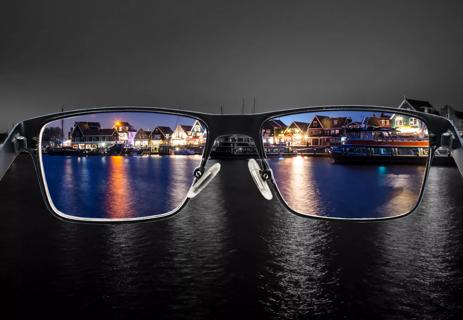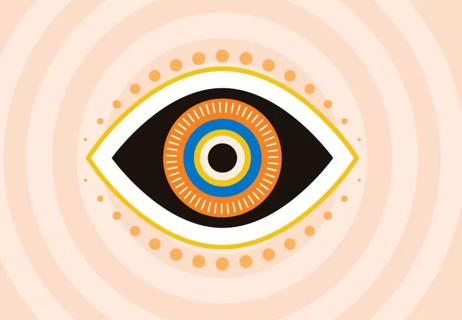5 possible causes of night blindness

The lack of daylight in the evening can limit your ability to see and get around. But it doesn’t have to be that way.
Advertisement
Cleveland Clinic is a non-profit academic medical center. Advertising on our site helps support our mission. We do not endorse non-Cleveland Clinic products or services. Policy
Night blindness (nyctalopia), the inability to see well at night or in poor light, isn’t a disease, says ophthalmologist Bryan Roth, MD. “It’s a symptom of an underlying condition. In most cases, it’s treatable; in others, it’s not. Fortunately, severe forms of night blindness are very rare,” Dr. Roth says.
There are multiple reasons why you might have trouble seeing in the dark:
Advertisement
Most common causes for night blindness — except for causes like retinitis pigmentosa — are treatable, Dr. Roth says.
If you’re affected by permanent night blindness, it might be wise to adjust your lifestyle to accommodate your condition. Consider changing these:
“Many eye diseases have no symptoms, which is why I tell my patients it’s important to get a routine eye exam every year whether you think you have a vision problem or not,” Dr. Roth says. Regardless, if you begin to experience a progressive loss of nighttime vision, your condition is most likely correctable, so make an appointment for an eye exam.
Advertisement
Learn more about our editorial process.
Advertisement

These trendy glasses might brighten some shades and help you see the difference between colors or brightness of hues, but they won’t cure your color vision deficiency

Some eye conditions can have more noticeable effects at night

Combat blurry night vision and see more clearly with these expert tips

Nonstop screen time can strain your eyes

Tips for protecting and preserving your eyesight

Find out exactly why too much screen time can lead to eye problems

If you’re feeling short of breath, sleep can be tough — propping yourself up or sleeping on your side may help

If you fear the unknown or find yourself needing reassurance often, you may identify with this attachment style

If you’re looking to boost your gut health, it’s better to get fiber from whole foods